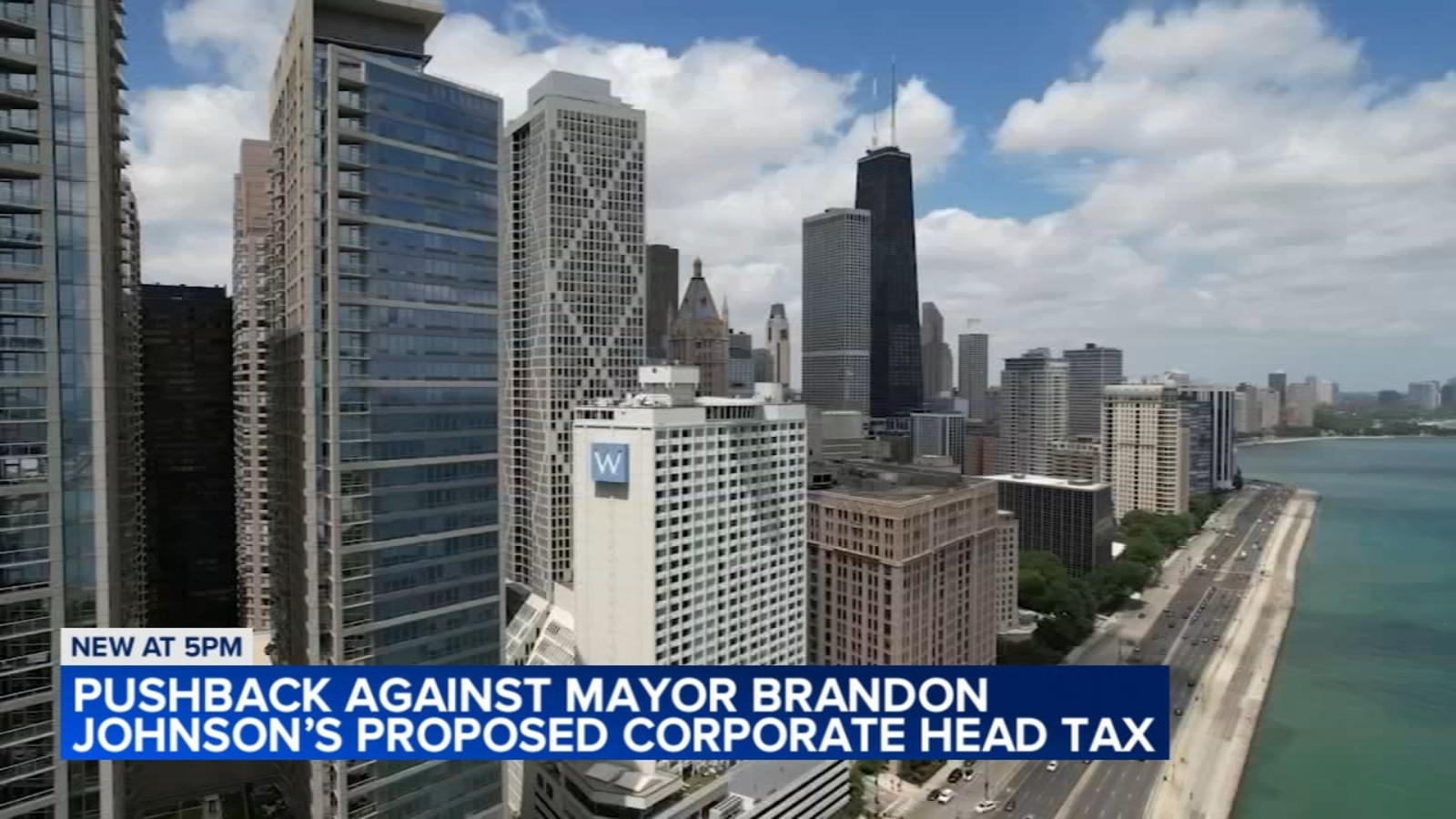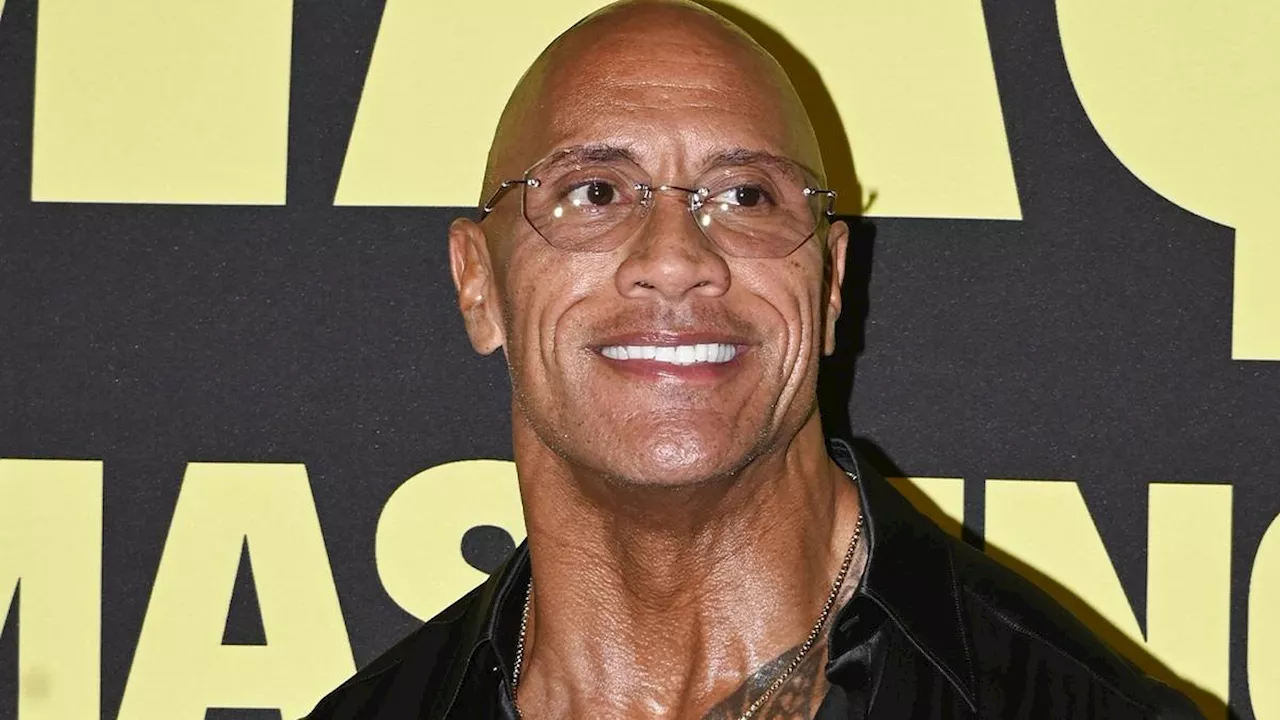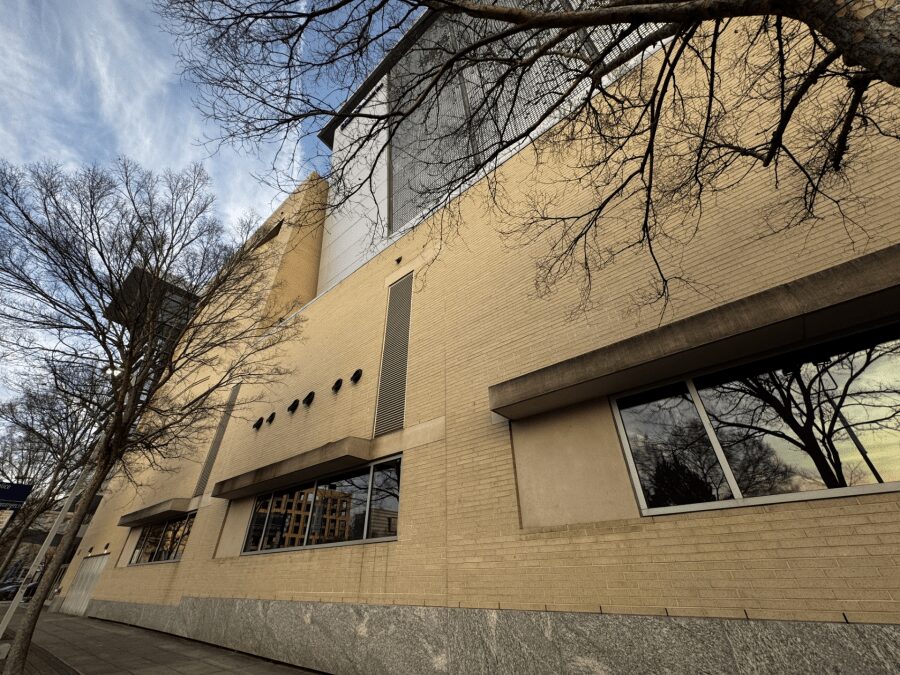URGENT UPDATE: Business leaders in Chicago are intensifying their opposition against Mayor Brandon Johnson‘s proposed $21 corporate head tax, a key component of his city budget plan. Just announced, this tax would apply to every employee working in a city office at least half the time, igniting fears of a detrimental impact on the city’s economic recovery.
During a bustling lunchtime in the West Loop on October 25, 2023, downtown restaurants and businesses appeared vibrant. However, industry leaders are concerned that the proposed tax could derail this momentum. Scott Weiner, co-owner of the Fifty/50 Restaurant Group, warned, “So how many companies are going to tell their employees come to the office two days, work from home three days, and then they can bypass the head tax in general?”
With the rise of hybrid work, Weiner emphasized the need for employees to return to the office to maintain downtown’s vibrancy. The urgency of this situation is further underscored by a recent report from the Federal Reserve, projecting a shocking 39.75% decline in hiring across Chicago over the next 12 months—marking the lowest rate since the pandemic’s peak in March 2020.
The Civic Committee, a prominent business group, has publicly condemned the head tax, calling it a “hostile move against business.” President Derek Douglas stated, “You don’t put in a policy that will hurt growth, that will hurt the tax base and potentially shrink the tax base, that will compromise the vibrancy of the city, in order to solve this other problem.”
While Mayor Johnson claims that only 3% of businesses would be affected by the tax, critics argue this figure is misleading. Douglas pointed out, “The number that we should be focused on is, what percentage of the jobs in Chicago is he taxing, not the percentage of the companies that are getting taxed.” The reality, he insisted, is that this tax will impact a significant share of jobs in the city.
As the debate heats up, concerns about other elements of the mayor’s nearly $17 billion budget are also surfacing. Aldermen are worried that the ongoing negotiations over revenue and spending could extend well into the end of the year, leaving the city in a precarious financial position.
With pressure mounting on City Hall, the urgency for a resolution is palpable. Stakeholders are calling for alternative revenue sources that do not jeopardize the city’s economic stability. The outcome of these discussions will determine not only the fate of the proposed head tax but also the overall health of Chicago’s business environment.
Stay tuned for more updates on this developing story as the city grapples with the implications of Mayor Johnson’s budget proposals.







